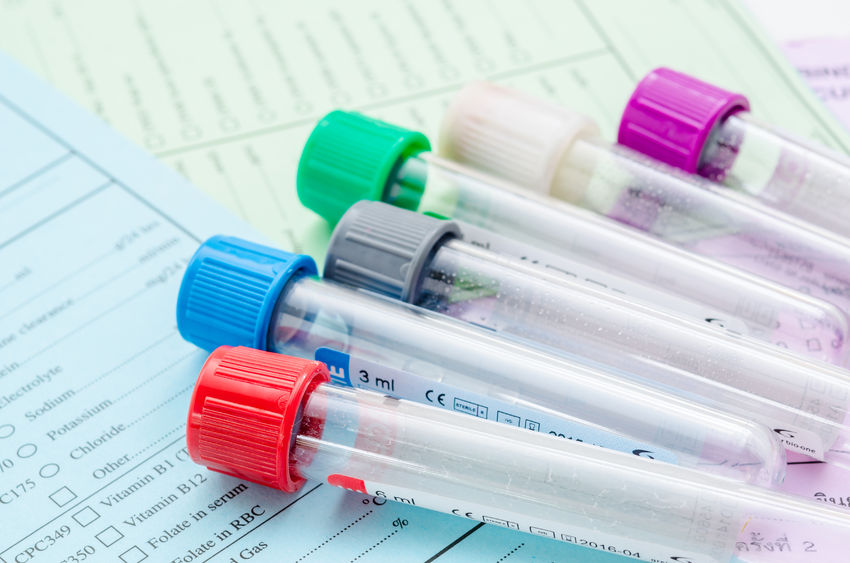
Allergy Tuna Fish Enzyme Assay Blood
What is this test?
This test is used to detect the presence of immunoglobulin E (IgE) antibodies against the tuna fish in the blood. This test helps to know the immune response of the body towards the tuna fish.
What is Tuna fish?
Tuna is also called as tunny and have a round body. It is an important commercial fish and used for many purposes. Tuna is widely used for flavoring of food, the texture of food, salads, etc. It is canned in larger quantities in many countries for sale.
It is used for several purposes like fish meal, few sausages, sushi, Caesar salad, pizza toppings, fish oils, etc.
What is Tuna fish allergy?
Tuna fish allergy is a type of allergy in which an individual is allergic to the tuna fish and may suffer from symptoms such as nausea, vomiting, diarrhea, stomach ache, coughing, breathlessness, wheezing, fever, runny nose, redness of the skin, watery eyes, etc.
In severe allergic condition, an individual may suffer from life-threatening anaphylactic shock.
Why this test is performed?
This test is performed to check whether an individual is allergic to tuna fish or not. The doctor may ask you to undergo this test if you are suffering from symptoms such as stomach ache, nausea, vomiting, fever, shortness of breath, swelling of the throat, headaches, coughing, skin rashes, etc.
Also known as Allergy Tuna Fish Enzyme Assay.
Test Preparation
No special preparation is needed for Allergy Tuna Fish Enzyme Assay Blood. Inform your doctor if you are on any medications or have any underlying medical conditions or allergies before undergoing Allergy Tuna Fish Enzyme Assay Blood. Your doctor depending on your condition will give specific instructions.
Understanding your test results
The test results may be different depending on gender, age, and health conditions. Inform your doctor if you have any other allergies.
Generally, there is no need for medical interventions if test results are normal.
If your test results show high levels of IgE antibodies than the given normal reference range, it may indicate that the person is most likely to have tuna fish allergy.
If your test results are lower than the normal reference range, it may indicate that the person is not having tuna fish allergy.
Based on the test results, your doctor may advise appropriate medical treatments, lifestyle modifications, or further diagnostic tests.
| Gender | Age groups | Value |
| UNISEX | All age groups | Increased IgE (>100kU/l) is seen if the person is allergic to the specific substance |

